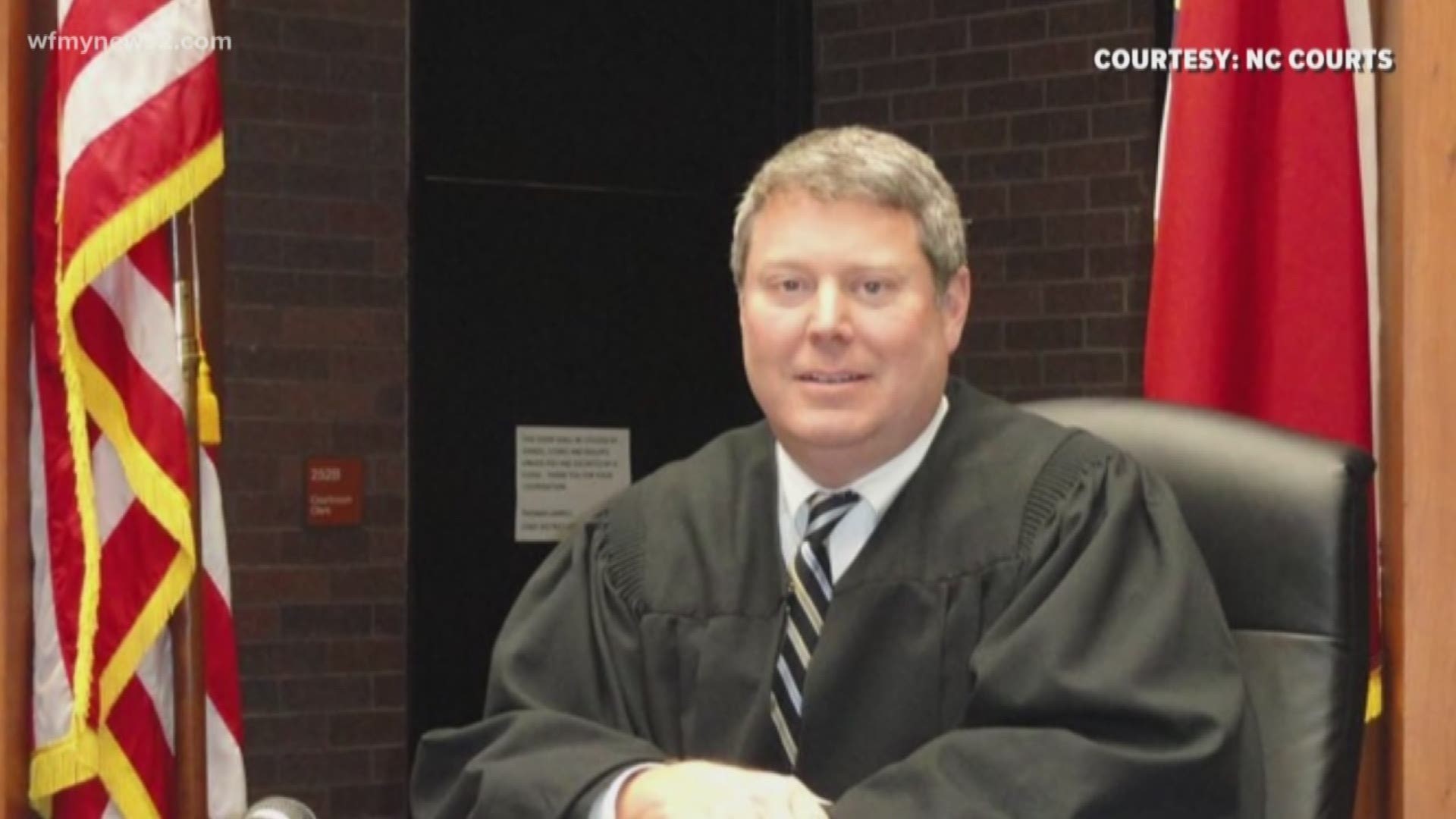GREENSBORO, N.C. — Some people are shocked over the news that Judge Tom Jarrell died of an opioid-related overdose back in August. An autopsy showed Judge Tom Jarrell had fentanyl in his system when he died.
The report also states a plastic bag with a powdered substance was found in his pocket, and a possible needle puncture in his right arm.
Those who say they knew him, didn't know him to be addicted to drugs.
But Doctor Michael Washo at Fellowship Hall says the signs that someone is struggling with addiction aren't always obvious.
"Alcoholics and addicts in general can just be very very good at concealing their behavior," said Dr. Washo, "A lot of time the addiction really isn’t discovered until it’s pretty far along in terms of its progression."
Washo says Fellowship Hall offers treatment to a wide range of people, both male and female, from the age of 18, all the way to 75. He says addiction does not discriminate.
"An affected individual is trying to keep that secret and that’s why drug addiction and alcoholism is such an isolating disease," he said.
Washo says Fellowship Hall offers a track for professionals to seek help, because it doesn't matter who you are, or what you do for a living.
"People are lawyers, or officials, or pilots, who answer to some kind of licensing board, because we know that society is placing them on such a pedestal and the pressure to be perfect is so high that it can be even harder for them to come forward," said Washo.
- Guilford County Superior Court, District Court To Close Thursday After Judge Tom Jarrell's Death
- Rockingham County, 7th Highest Opioid Overdose Rate in NC, Gets First Opioid Treatment Center
- State AGs, local governments blast Purdue settlement offer for opioid crisis
- Greensboro 'Focus Market' for Opioid Crisis Campaign
- Mapping Overdoses: NC Agencies Use Technology to Help Track Opioid-Related Incidents

